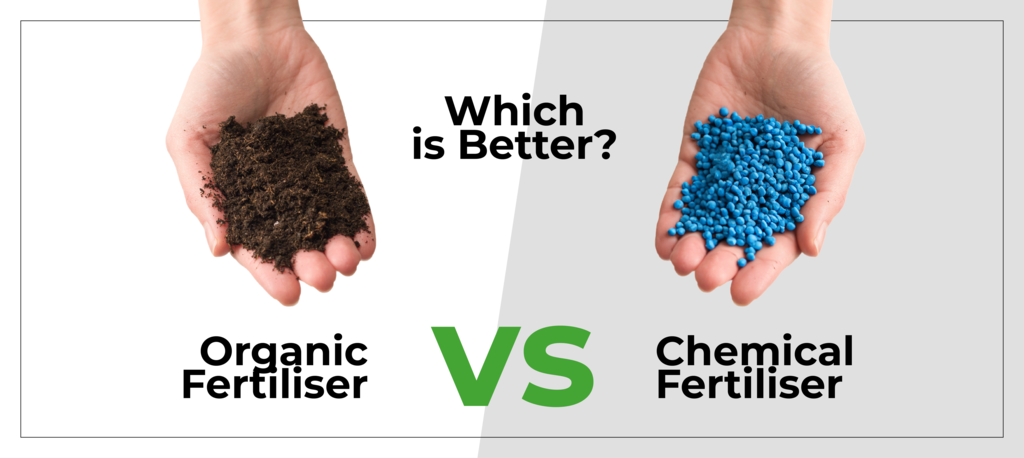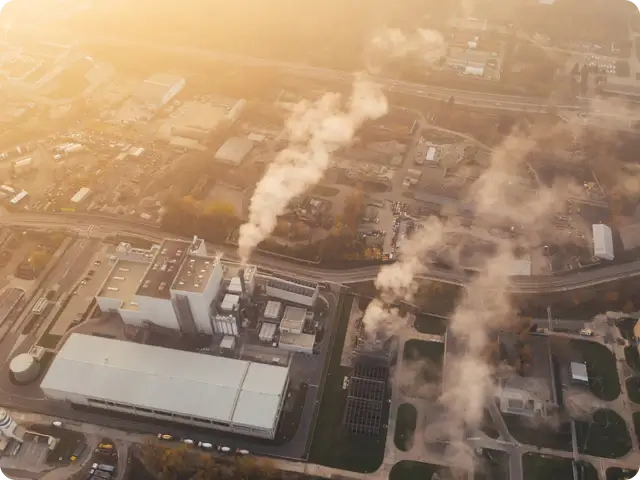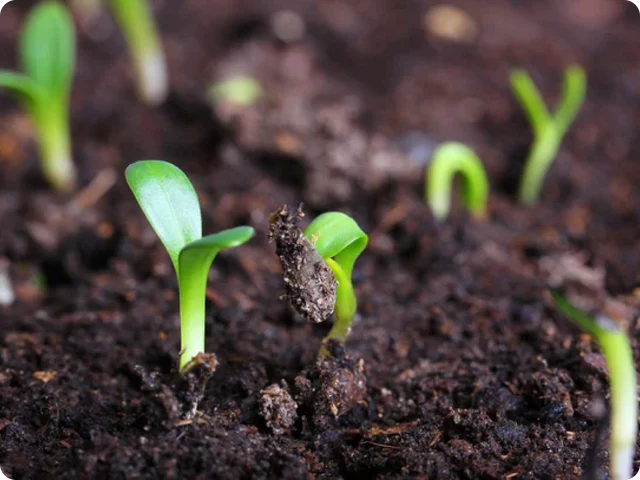Understanding Organic Fertiliser
Some more common organic fertiliser options include animal manure (horse, cow, chicken), green manure (plant residue), compost, mulch, bone meal, fish emulsion, slurry, etc.
The Benefits of Organic Fertiliser
The distinct advantage of organic fertilisers over chemical fertilisers is that they promote symbiosis in the soil by fostering a mutual relationship between microorganisms and plants. They enhance nutrient cycling and overall ecosystem health. Their care extends beyond just nutrient supply - they actively work at regenerating soil structure and fertility.
Eco-Friendly
Organic fertilisers are entirely natural and sustainably sourced from renewable resources. An extension of nature, they are biodegradable and eco-friendly. Organic fertilisers help develop plant and soil robustness, often offering help in pest management and eliminating the need for pesticides.
No Toxic Chemicals
Chemically free and made up of naturally decomposing plant or animal matter, organic chemicals harbour no nasty toxic surprises of chemicals, acids, salts, or metal traces.
Slow Release Of Nutrients
Organic fertilisers work in tandem with nature. With the help of colonies of microorganisms, organic matter is gradually converted into rich dark humus. With limited applications, plants receive complete nourishment at leisure, versus a chemical fertiliser force-feed. The extended release of primary and secondary nutrients, such as calcium, sulphur, magnesium and other trace nutrients, enables plants to enjoy a stress-free, stable and season-long availability of nutrients without the risk of over-fertilising.
Improved Soil Structure
The Disadvantages Of Organic Fertiliser
Organic fertilisers favour environmental and soil well-being, relying strongly on natural elements. This requires patience. Their results are more long-term gains vs short-term crop results. Organic fertiliser nutrients are not precise and can vary from one type of fertiliser to the next unless you have specially formulated organic solutions.
A Slow Start To See Results
Organic fertiliser relies on microorganisms, time, and weather for the natural decomposition process and nutrient release while replenishing soil fertility and stability. This means nutritional uptake by plants and growth results will take slightly longer than the ‘rapid growth’ method by chemical fertilisers.
Understanding Chemical Fertiliser
They aim to provide formulated doses of concentrated essential nutrients focussed on boosting plant growth.
The Benefits Of Chemical Fertiliser
Cost Effective
Contrary to most organic fertilisers, chemical fertilisers are clearly labelled with their complete list of synthetic ingredients and chemically formulated nutrient ratio. Generally, they contain more nutrients per weight than the same quantity of natural organic fertilisers. Industrially produced in bulk, with a longer shelf life, chemical fertilisers are considered easier to access, more affordable, and cost-effective in the short term.
Can Show Quicker Results
Highly soluble chemical fertilisers dissolve faster than organic fertilisers. They can be absorbed rapidly by the plant roots or leaves and quickly work their way through the plant metabolism to boost growth. The results are visible in just a few weeks or even days.
The Disadvantages Of Chemical Fertiliser
Chemical fertilisers lack organic matter that stimulates biodiversity and beneficial colonies of microorganisms and worms, which actively contribute to the soil’s fertility and physical and biological condition.
The contained chemicals cause short and long-term disasters during typical agricultural runoffs, resulting in environmental pollution, soil degradation, suppressed microbial activity, crop dependency, nutrient imbalances, destruction of plants and livestock, and contaminated waterways until eventually landing up in our food chain.
Requires More Frequent Application
Can Over-Fertilise & Cause PH Imbalances
Residual chemicals, amassed through repeated application, exceed natural thresholds and cannot be naturally regulated by the environment’s flora and fauna. Excessive minerals cause plant damage by ‘fertiliser burn’ or ‘root burn’. Prolonged chemical fertilisation, especially nitrogen, destroys the balance of nature and enders the topsoil acidic while permanently altering the soil’s PH levels.
Harmful To The Environment & Wildlife
Chemical fertilisers cause detrimental effects on farmland and environmental biodiversity: from wildlife ingesting contaminated soil particles to stunting microorganisms and destroying nitrogen-fixing bacteria. Excess levels of nitrogen seep into waterways, killing off the fish and creating ‘dead zones’ that lack marine life.
Limited Nutrients
Toxic Buildup
Chemical fertilisers contain harmful acids, such as sulfuric and hydrochloric acid, used during their nitrogen and phosphorus production process. These acids and other chemicals disperse into the surroundings, causing a toxic build-up of heavy metals such as arsenic, cadmium, and lead, which pollute the ground and find their way into foods.
Supersoil's Solution To Organic Fertiliser
Understanding the intricacies of how fertilisers impact our soil’s health, the nutritional value of our food, the survival of our ecosystem, and the health of our global population also helps answer the question: organic fertilisers vs. organic fertilisers: which is better?
Organic fertilisers foster plant growth while enriching soil health and structure, while chemical fertilisers stimulate plant growth at the expense of soil health.
Individual farming needs and situations, logistical preferences, and personal values will help shape choices and decisions around safeguarding our soil, enhancing its fertility, and creating food security for future generations to come.
Can organic fertilisers replace chemical fertilisers? We believe we can.
Supersoil has ushered in a new era of sustainable farming practices, providing many benefits to both farmers and the environment. By enhancing soil health, promoting sustainable waste management, boosting crop productivity, reducing chemical inputs and aiding in climate change mitigation, Supersoil proves itself to be a powerful ally in the quest for a greener and more sustainable agricultural future. As farmers embrace this revolutionary practice, they take a significant step toward cultivating a healthier planet for future generations.
It’s never too late to get our hands dirty and dig up a new plan that gives our earth the best chance for a greener, thriving future.





